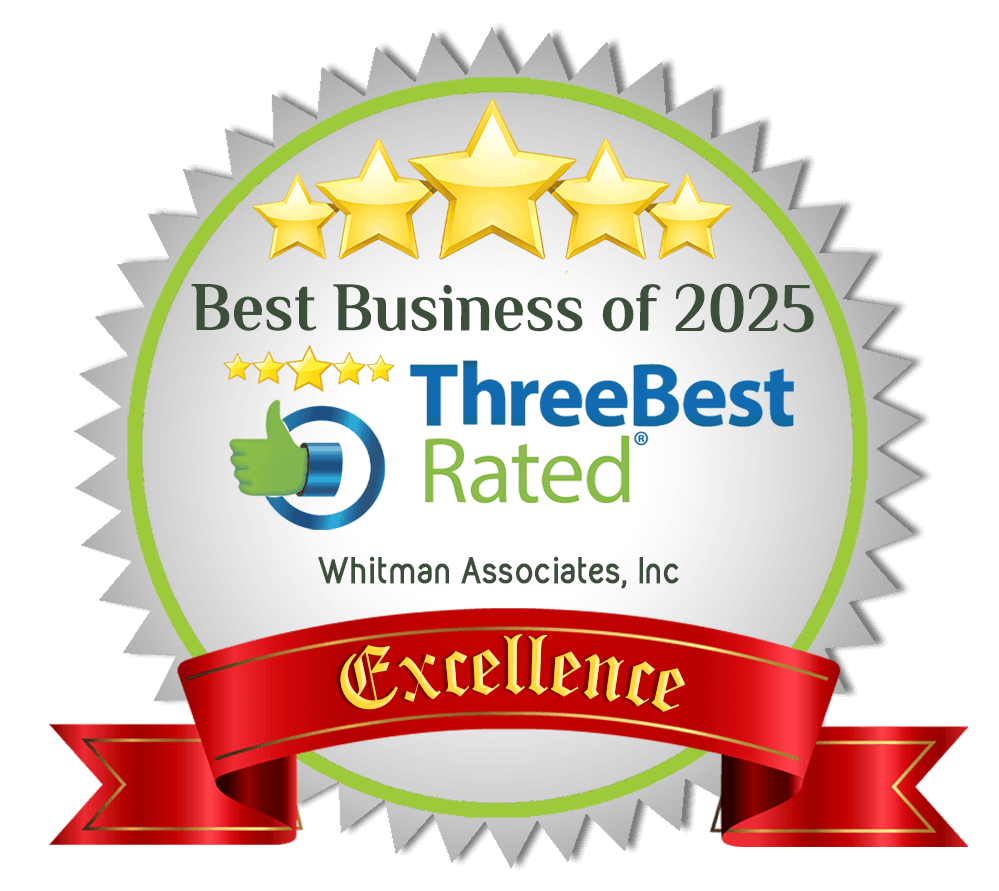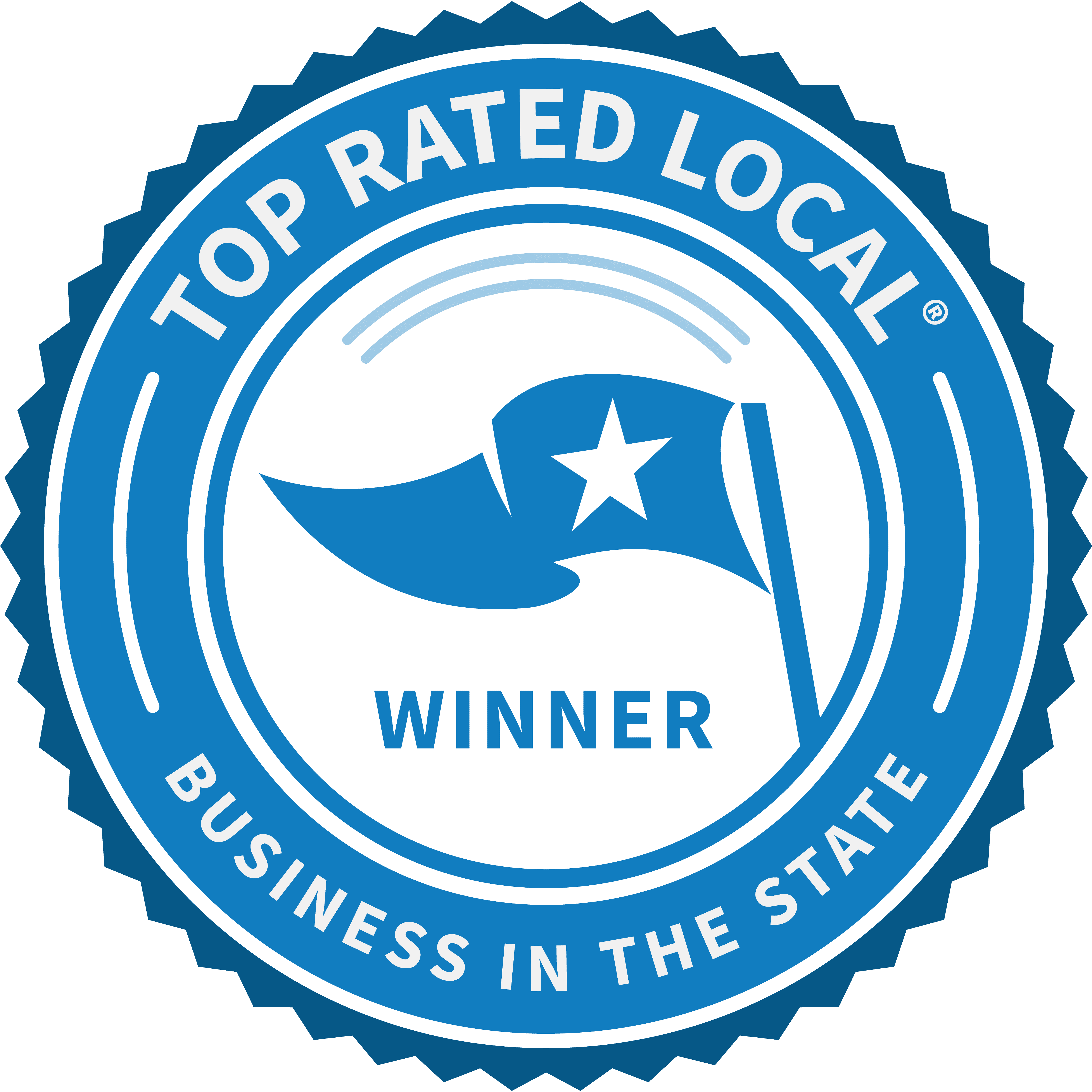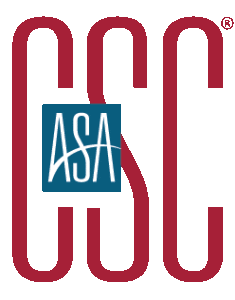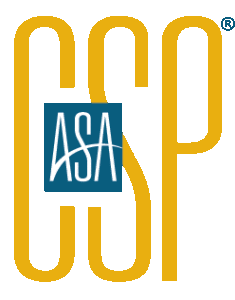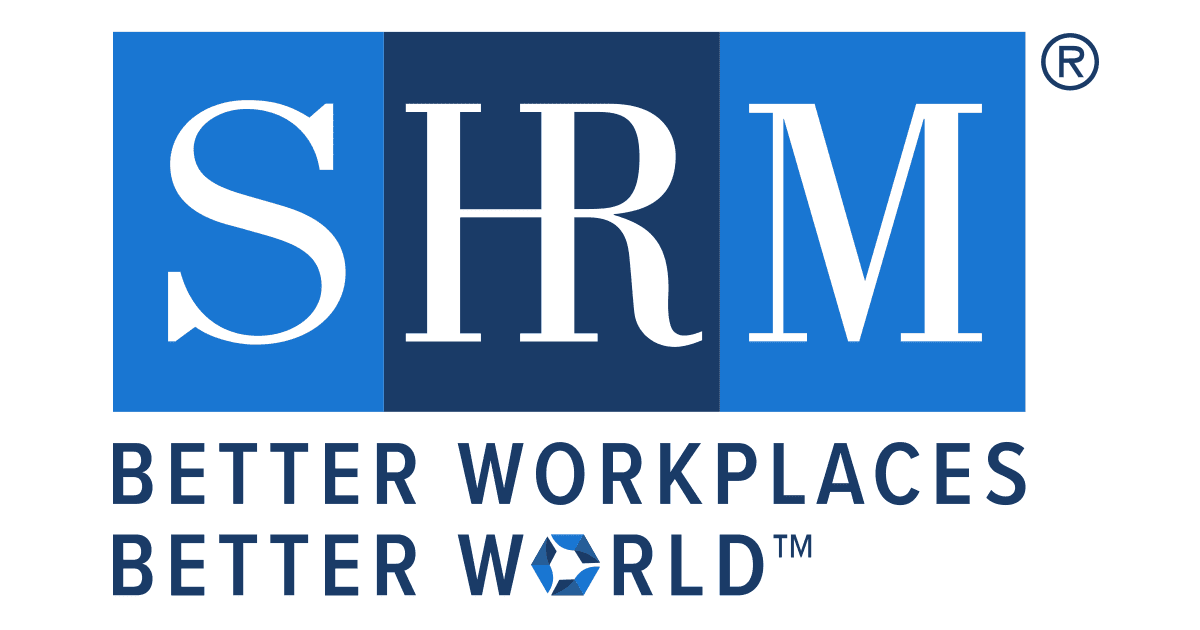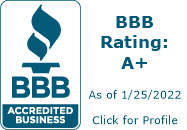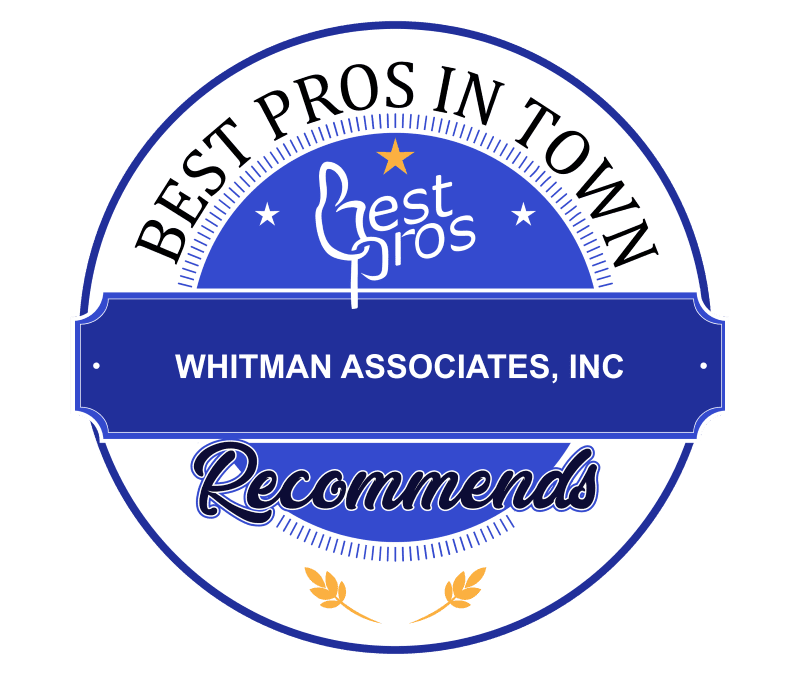If you are actively interviewing for jobs, part of the process is being prepared for different types of remote interview possibilities. It is best to practice with the tools to insure you have the capability to interview via the most popular web conferencing platforms. It is important to verify your camera, microphone, and audio speakers will work with the device you intend to use for each collaboration system. In addition, your device may need to download plugins and grant permissions to the application in order to interact with the microphone, video, and speakers. It is your responsibility to support the client’s collaboration app and have it functional ahead of time. The company you’re applying to most likely has a specific one they use for all their internal and external collaboration.
We recommend you verify access to GoToMeeting, Cisco WebEx, Google Meet, Google Hangouts, and Skype for starters! You do not need to create an account in each of these collaboration platforms as you will be a guest on the client’s platform.
Whitman Associates will assist any of our candidates with a trial run of the client’s application platform so that you may prepare the collaboration tools in advance. We want our candidates to focus on the interview when the time comes and not be frustrated by the tools.
Excellent advice exists on preparing for phone and video conference interviews, but here are some key points:
- Insure the environment you’re using is appropriate:
- The background of a video chat is important. Bright lights from windows behind you can cause video of your face to be dark. You certainly don’t want the background to present your bedroom and all your belongings. It is best to sit in front of a blank wall or wall with minimal graphic distractions. You may need to turn on a light somewhere else in the room to insure your face is well lit.
- The audio is critically important. Many people will tolerate bad video to a certain extent, but clipping audio and background noises make it impossible for you to convey important responses. You need to make sure the environment is free from background noises (mowers, air conditioners, bathroom showers and toilets, construction, etc.). Find a quiet room where the background noise is minimal. Shouting over these background noises will certainly not make a good impression.
- Equipment used to perform the interview is very important. It is best to use a device with all the tools integrated such as a phone, tablet, or laptop. If you want to use a desktop, you need to make sure all the external components work well together.
- The integrated microphone of a laptop, tablet, or phone may be sufficient; however, it is far better to use a Bluetooth or wired attached headset. This will allow your voice to be clear, enable your hands to be free, and allow the camera to be placed at a distance from your face.
- It is important to set the phone, tablet, or laptop down on a fixed surface such that it is not moving. It is incredibly distracting for the camera to be waving around your head while you’re trying to explain how successful you can make your client.
- If you need reference material (resume, PostIt notes, website of the client), make sure this material is positioned directly above or below the camera. The client is not interested in seeing a profile of your face as you turn away to find material.
- If you need to make notes, place your notepad directly below the camera so that the client can see that you are writing information down. It is best to avoid T-Y-P-I-N-G notes while listening to the client as the keyboard noise is very distracting and may lead the client to think your doing something other than listening to their pitch – they are trying to sell you on how great a company they have.
- Be prepared! There are many reference materials available describing how to prepare for an interview. A phone call, chat session, or video collaboration is just as important as an in-person interview. In fact, it is more difficult to convey body language and capture voice inflections that might indicate your excitement for working with the company. Your goal is to make the next step happen – get an opportunity to meet the hiring managers face-to-face and get that job offer.




